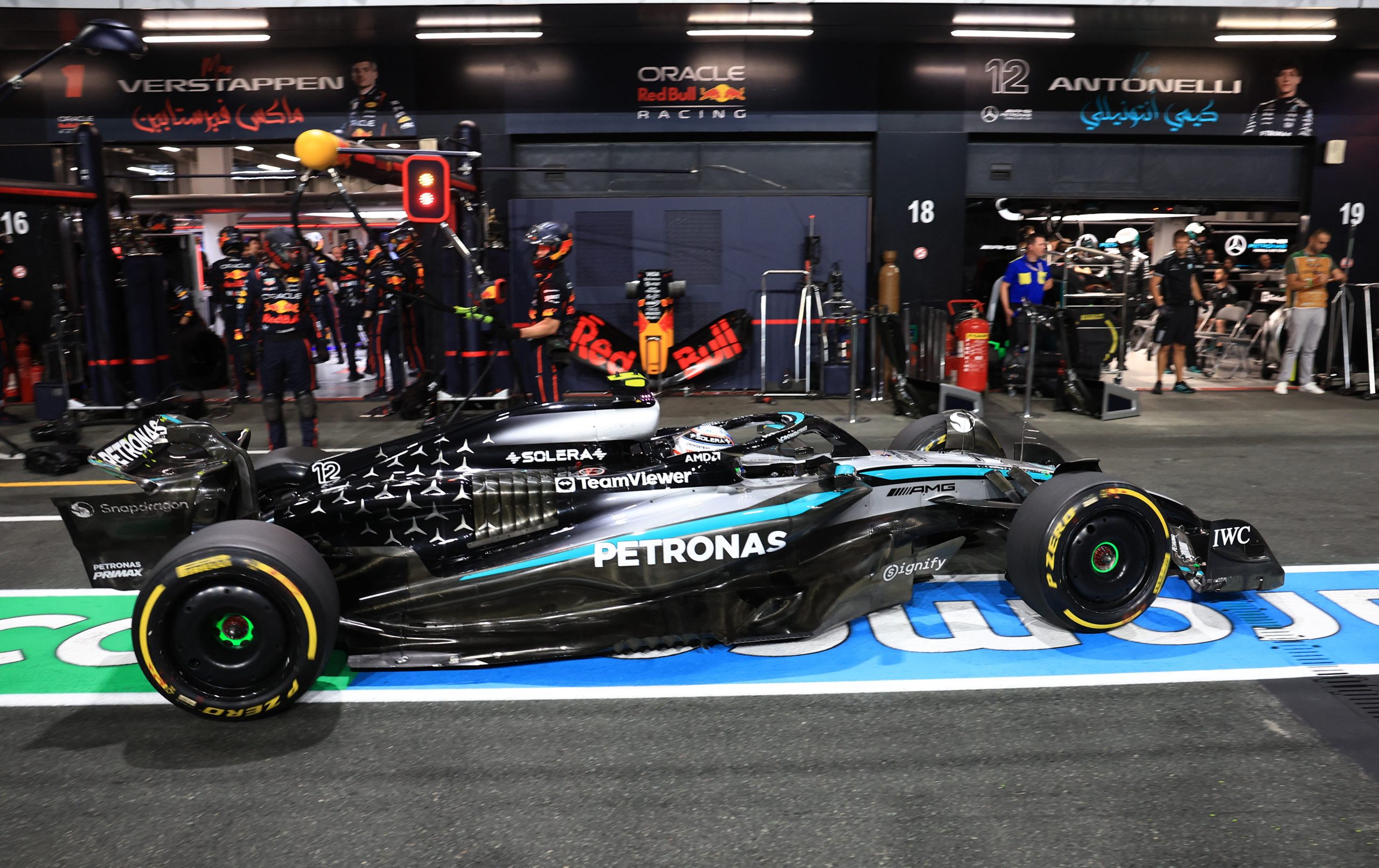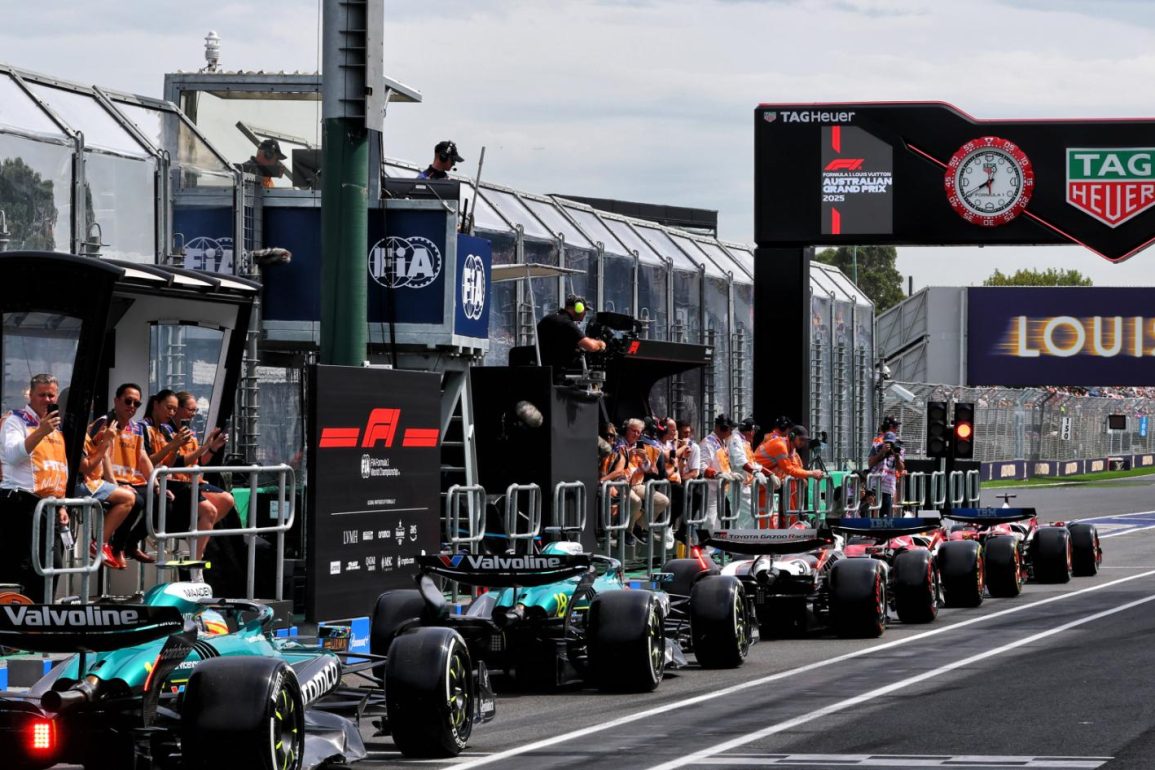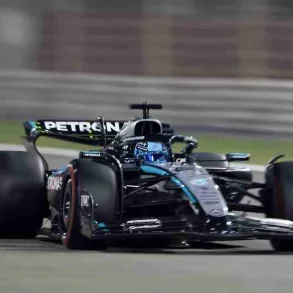Formula 1’s 2026 engine regulations are under scrutiny as teams react to a proposed change in the power distribution between the internal combustion engine (ICE) and the electric battery. Originally designed for an even 50/50 split, a new idea suggests a 66/34 ratio favoring the ICE during races, though not during qualifying.
This change is being discussed due to concerns that the original plan could lead to performance issues during races, including possible power shortages.
Mercedes Criticizes Sudden Changes While McLaren Supports Practical Steps To Improve Racing
Mercedes has reacted harshly to the suggestion, calling the entire situation a “farce.” Team boss Toto Wolff criticized the process, expressing disbelief that the topic has resurfaced shortly after a dedicated engine meeting had seemingly finalized plans. He implied that such last-minute agenda items damage the credibility of the sport’s regulatory process and dismissed the proposal as poorly timed and unnecessary.

On the other hand, McLaren has shown willingness to consider the changes if they help improve the sport. Team Principal Andrea Stella emphasized that all stakeholders have a responsibility to ensure the success of the 2026 regulations.
While he does not support altering the fundamental materials or technologies, Stella believes that practical adjustments—especially those related to power delivery and overtaking—can make the races more competitive and enjoyable.
Balancing Technical Regulations With Race Quality To Secure Formula 1’s Competitive Future
Stella’s remarks reflect a belief that the future of Formula 1 depends on the quality of the product on track. He pointed out that race enjoyment hinges on several technical factors, including energy recovery and how power is delivered during overtaking situations.
For McLaren, the sport must be open to ongoing dialogue and cooperation between F1, the FIA, and the teams, prioritizing the overall experience for fans and maintaining strong competition.
The proposal will be addressed at the next F1 Commission meeting, where teams will discuss whether the shift to a 66/34 power ratio should go ahead. The contrasting positions of Mercedes and McLaren highlight the broader tension between sticking to the original plan and adapting it for better on-track results.
The outcome of this discussion will play a key role in shaping how the 2026 season unfolds and how technical regulations support the quality of racing.







